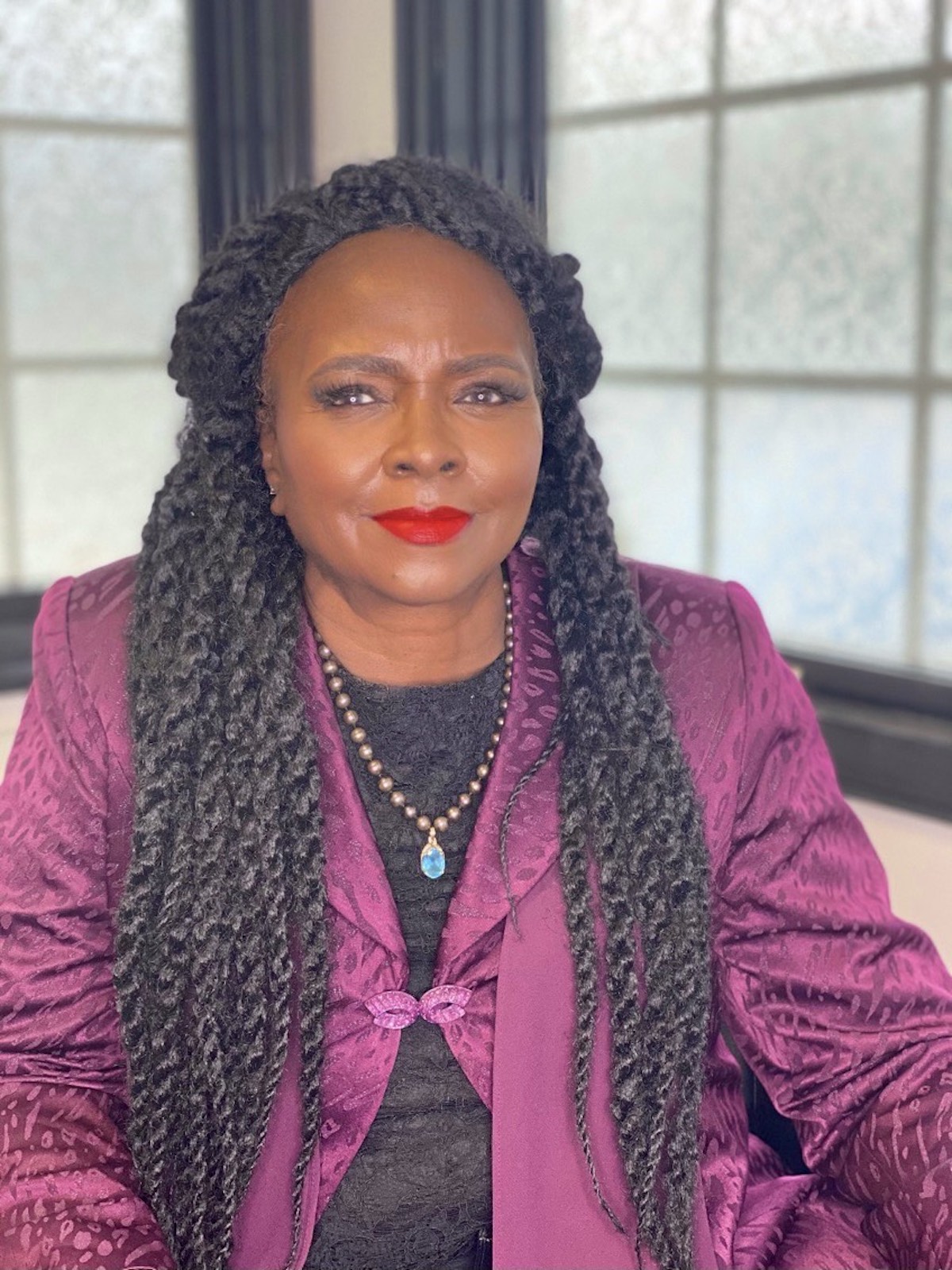By Theresa White
When I first began supporting the proposed development of a golf resort on the 502-acre St. Helenaville-Pine Island tract in 2023, I said that if I ever came to believe that project would pose an existential threat to my family’s ancestral land on St. Helena Island, I would be the first
to sound the alarm.
While I’m not quite at that point yet, I have significant concerns about Pine Island developer Elvio Tropeano’s proposed development agreement with Beaufort County. As I write this, I’m waiting for a response from Tropeano to my Aug. 6, 2025, letter requesting a revision to his development agreement that would “significantly” increase the amount of money it sets aside for “Community Support and Cultural Preservation.” I wrote that letter in my official capacity as CEO of the Pan-African Family Empowerment & Land Preservation Network. Sadly, Tropeano has yet to provide a written response to my letter.
Tropeano is one of the most brilliant strategists that I’ve ever had the pleasure of working with. So, I know that it’s no accident that the Pine Island Project submitted a “Pine Island Downzoning Plan” as an end run around the Cultural Protection Overlay (CPO), which has been a stumbling block to him getting the legally banned golf course that he so badly wants. And I must note that Tropeano
knew that developing a private, gated, golf resort on St. Helena was banned by the CPO before he purchased the St. Helenaville-Pine Island property.
But he erroneously saw the CPO as a minor obstacle for his deep-pocketed backers, and influential connections. Over the past 3 years, he has spent untold millions trying to overcome opposition to either
dismantling the CPO, or exempting his property from it.
Perhaps most importantly, Tropeano and his marketing team, which is headed by Marilyn L. Hemingway of the Georgetown, S.C.-based Hemingway Group, LLC., has cultivated several close friendships with Beaufort County Council members, who continuously champion his cause in public
council meetings, executive sessions, and committee meetings that they chair.
Being as smart as he is, I doubt that Tropeano would’ve submitted the downzoning proposal unless he is certain that he has the six votes on Beaufort County Council necessary to both have his property removed from the CPO, and get his proposed development agreement accepted without pursuing the state and federal lawsuits that he has filed over past rejections of his golf course applications.
He would also have to be comfortably sure that Beaufort County’s new County Attorney would likely
not oppose his application, although Beaufort County Zoning staff oppose it, and the county’s Planning Commission voted 9-0 to reject it after a marathon meeting on May 5, 2025.
I also view Tropeano’s suspension of his state lawsuit against Beaufort County last month as evidence of his confidence in his future success, because Council has already rejected his golf course applications multiple times, as well as a proposed Mediation Agreement on Sept. 16, 2024.
Here are the top reasons I think that the proposed Pine Island development agreement is flawed, which
I brought to Tropeano’s attention in my Aug. 6, 2025 letter: “Unfortunately, your proposed Development Agreement still falls short in at least three major areas that continue to make it
unacceptable to both the majority of St. Helena property owners, and all the members of the Beaufort County Planning Commission: First, it would require either dismantling, or granting of an exemption from the CPO protections against golf courses, resorts, and new gated communities that could set a dangerous precedent that will undoubtedly create a domino effect of rapid development on St. Helena.
“Second, it shows willful strategic indifference to the greatest fear that your Gullah neighbors across the island share, i.e., the loss of their beloved ancestral land due to soaring property taxes that they can’t afford to pay independently, and being displaced by developers buying shares of their heirs’ property, resulting in forced sales to clear the title.
“And third, it doesn’t include concrete uplift projects that adequately address the underlying causes of poverty on St. Helena, especially the lack of access to affordable public transportation to work sites, and the need for workforce development resources such as a satellite campus of the Technical College of the Lowcountry. Those ideas were among the reasons why I strongly supported your Pine Island development plans dating back to 2023.”
However, the fourth and biggest flaw in Tropeano’s proposed development agreement is this: “… in my opinion, the estimated $2.5 million that you’ve proposed to give to St. Helena for quality of life improvements is small change compared to the $100 million set to be invested in the Pine Island Project, and should be increased significantly.”
“I believe that $5 million — which is just 5% of what you plan to invest in the Pine Island Project — would be a much fairer set-aside. And I believe that that sum would best be earmarked as follows: $1.5-million for the Center for Heirs’ Property Preservation to clear land titles; $1 million for the Beaufort County Open Land Trust for conservation easements to ensure continued Gullah access to waterways and sacred spaces; $1.5 million for a property tax/land preservation fund; and the final $1 million for
investment in business startups, nonprofits, and youth-oriented projects.
“Based on the personal relationships between you, your team, and several members of Beaufort County Council, it’s imperative that County Council appoint a credible and trusted community foundation like the Coastal Community Foundation, the Community Foundation of the Lowcountry, or the United Way to oversee the annual distribution of those proposed earmarked funds because they all have more than 10 years of experience in handling large sums of money, and have done so both responsibly and impartially.
“That’s necessary because your ‘team’ of advisors don’t enjoy either the trust or support of the St. Helena Community, especially the Gullah families, who’ve been informally boycotting CCAN/808 Hub since it opened on Nov. 30, 2023. Undeniably, regardless of the boycott, some financially distressed individuals have broken ranks to get free food etc., with no intention of ever supporting Pine Island’s development. As a result, they’ve become human props in photos being used to sway County Council
to vote in favor of approving your golf course. Those carefully staged photo ops further inflame the level of distrust between the St. Helena Gullah Community and your ‘team’ operating out of the so-called ‘808 HUB’ at 808 Sea Island Parkway.
“Be that as it may, during my June 2, 2025 Public Comments to County Council during the Natural Resources Committee Meeting, I proposed a compromise that would both keep the CPO in place, and exempt the St. Helenaville-Pine Island property from it. However, I now believe that should happen only IF the exemption of your property doesn’t set a precedent that’ll open the floodgates for other developers to do the same. I’m waiting to see whether county staff can possibly craft a legally defensible way of doing that.
“Needless to say, I know that the CPO functions as a double-edged sword that both helps and hurts Gullah landowners, who, too often, end up losing valuable land either through delinquent tax sales, or forced sales because they can’t profitably develop it to stay ahead of rising property taxes. Not every Gullah family wants to grow crops, or trees to try to create generational wealth. Yet, without the CPO in place, Gullah land loss would be proceeding at a much greater pace than it is presently.”
Truthfully, nobody can guarantee that a Beaufort County zoning carve out for Tropeano’s property will actually be “a one-off.” It may indeed set a legal precedent that guarantees that other developers use to follow in his footsteps — with disastrous results for the property that my family has owned since the Civil War and Reconstruction eras. And while the CPO prevents me from doing what I want to do with my family property, too, the consequences of dismantling it now without adequate safeguards and funds in place to ensure that widespread Gullah land loss and displacement won’t occur–is something that I don’t want on my conscience.
Theresa White is the founder and CEO of the Pan-African Family Empowerment & Land Preservation Network. She is a former journalist, and was a Congressional Aide to U.S. Rep. Cynthia A. McKinney, Georgia’s first Black congresswoman. The Savannah native lives on ancestral land on St. Helena Island.











